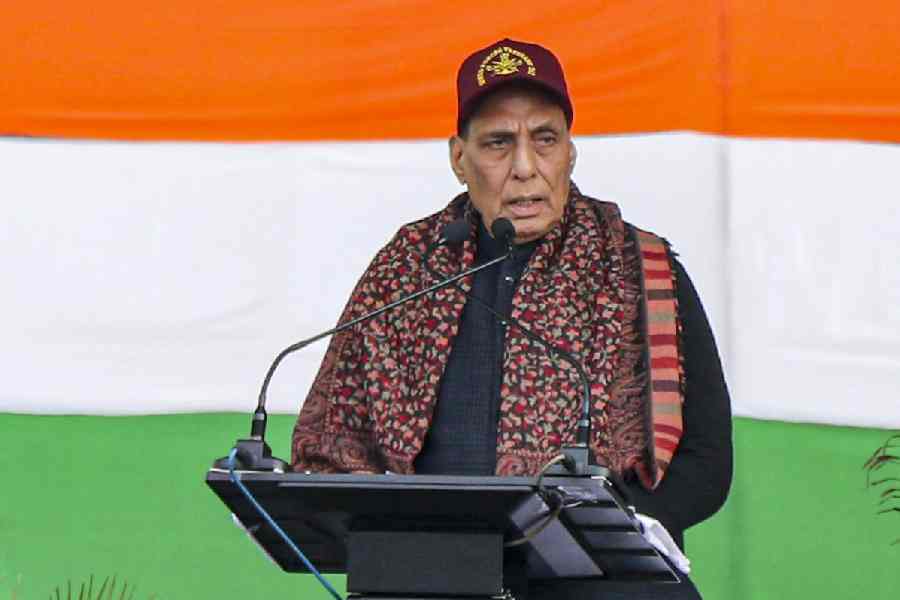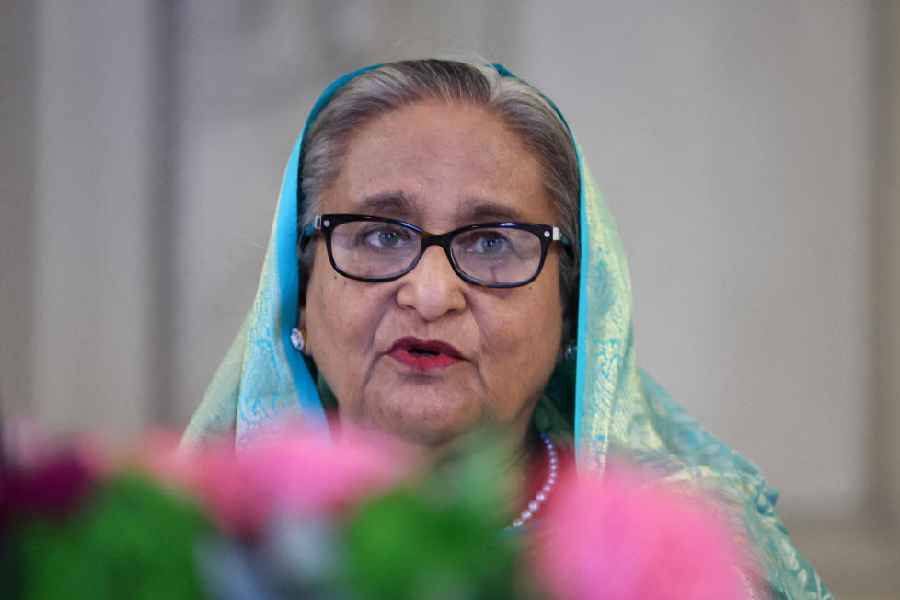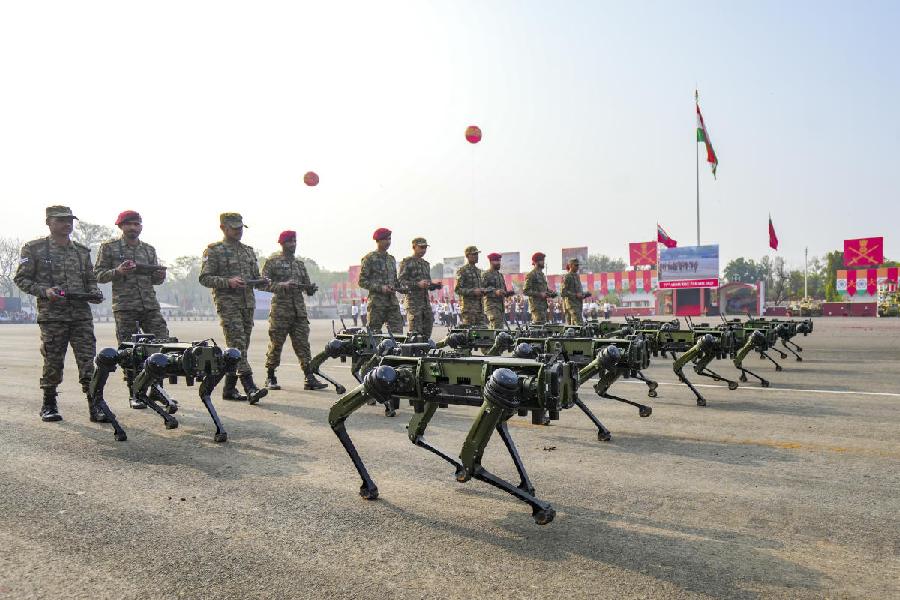Many major world leaders are gathering in the picturesque Swiss city of Lucerne this weekend for a summit aimed at discussing the peace plan of the Ukrainian president, Volodymyr Zelensky, to end Russia’s war on his country. More than 90 countries and organisations have confirmed participation. Russia and China are boycotting, while many others are also skipping the summit. Meanwhile, in the Middle East, the United States of America and other mediators, such as Qatar, are trying to enforce a US-backed ceasefire plan to end Israel’s devastating war on Gaza. The US president, Joe Biden, has said the plan, which the United Nations Security Council approved last weekend, has Israel’s support. But Israel’s leaders have insisted that they will not stop the war until Hamas, the Palestinian armed group, is eliminated. In the meantime, Hamas has welcomed the ceasefire proposal. These developments point to a deepening dilemma: the peace plans for Ukraine and Gaza both reflect a growing global weariness over these wars and reflect a desperate desire for peace by people around the world. At the same time, these plans — and the response of key nations to them — raise questions over the sincerity of the initiatives.
No peace negotiation in history has ever succeeded unless it has some credibility in the eyes of both sides involved in a conflict. The Lucerne summit, which will only take up Ukraine’s suggestions, thereby risks turning into little more than a meeting where Russia’s critics can point to Moscow’s crimes in Ukraine and try to shore up diplomatic support against the Russian president, Vladimir Putin. Those are useful geopolitical goals for Ukraine, the US and the West to pursue but they are not likely to bring Europe any closer to the end of its biggest conflict since World War II. Other countries will choose whether or not to participate based on their geopolitical compulsions. Pakistan, which is increasingly dependent on China economically and strategically, is not participating. India, which seeks to balance its historic ties with Russia against its growing embrace of the US and Europe, will join the summit — but by sending a diplomat, not the prime minister, Narendra Modi, who is in Italy for the G7 summit, barely a few hundred miles from Lucerne.
Meanwhile, in Gaza, Israel continues to ignore rulings of the International Court of Justice — the UN’s top court — as well as UN resolutions, bombarding civilian populations, killing hundreds of Palestinians each day. All with no consequences because of the protective shield of the US, which also continues to supply Israel with weapons it uses in Gaza. That duplicity, now exposed before the whole world, makes peace a distant prospect not just in Gaza but also in Ukraine and every other global hotspot. It leaves the world less safe. A Swiss retreat, at the end of the day, cannot bring peace. Nor can a UN resolution. Only the determination of global powers to actually uphold international law will end the wars in Gaza and Ukraine











